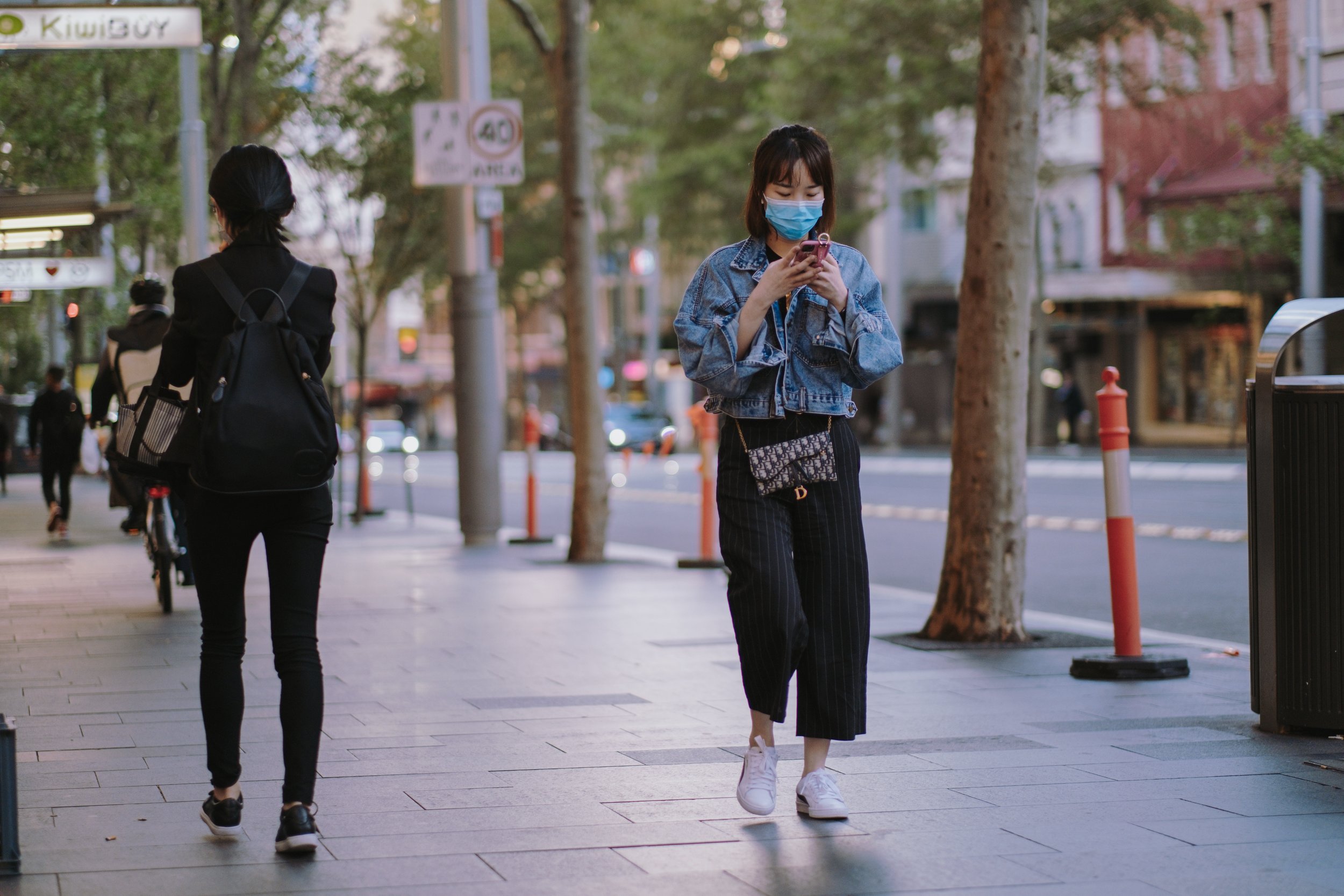Overcome anxiety and boost your mental health
Top tips to deal with your mental state of worry and fear
Text: Sam Y
Anxiety is becoming a common emotion, especially in 2020. You’ve probably felt it in the pit of your stomach, in your heart racing or in the tremble of nerves in your hands. These physical reactions to anxiety are perfectly normal, and known as healthy ‘fight-or-flight' responses that help us recognise when we’re in potentially dangerous situations. However, the Institute of Mental Health (IMH) notes that once these emotions begin to affect your mental health, it can become a problem. If you’re seeking relief from excessive worry and fear, here are some quick ways you can refocus your energy, overcome anxiety, and reclaim your path to calmer, healthier life.
Practice mindfulness
Ruminating on issues past, present and future is a surefire way to make you feel restless. Practicing mindfulness mentally trains you to be aware of present moments, allowing you to declutter your thoughts and create a safe space for yourself. In fact, a 2019 study published by Frontiers in Psychology on the connection between mindfulness, depression and anxiety, found that practicing mindfulness was indeed useful in reducing levels of worry among individuals and dealing with anxiety.
Some easy ways you can incorporate mindfulness into your life is by practicing meditation in the form of yoga, sound bathing or breath awareness. Keeping a gratitude journal is also a great idea. Make it a ritual before you go to bed to note down ten things in your life that you’re grateful for each day — from the roof over your head to your dog. Doing so will increase positivity and help you to acknowledge the good in your life.
Reduce caffeine
While a shot of espresso may sound like an inviting option to get you powering through the day, it can do more harm than good if you’re overcoming anxiety. According to this article by David A. Pham, a pharmacist in California, caffeine can worsen the symptoms of anxiety, raising your heart rate and causing the jitters. Instead, look for caffeine alternatives such as Dandy Blend’s dandelion tea, golden milk, an Ayurvedic recipe made from milk and turmeric, or a can of kombucha to boost your immunity.
Exercise regularly
We all know about the health benefits of exercise, but did you know just how good fitness is for anxiety relief? An article by Harvard Health, found that working out not only takes your mind off of what you’re worrying about, but also produces anti-anxiety neurochemicals like serotonin to keep you feeling good.
Talk it out
When anxiety builds up, it often helps to get things off your chest by talking to someone close you trust. Being vulnerable isn’t easy, but it can help you to see your situation more clearly, or find solutions to problems that you couldn’t have thought of on your own. If you’d rather not talk to someone you know, reach out to a counsellor or psychiatrist to seek professional help and advice in a safe, confidential environment.
This article was independently written by The Soothe. For more information, please refer to our disclaimer.













